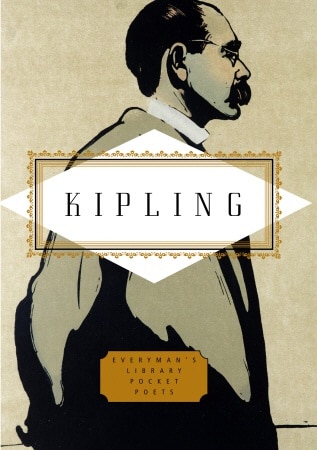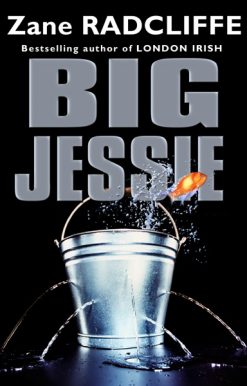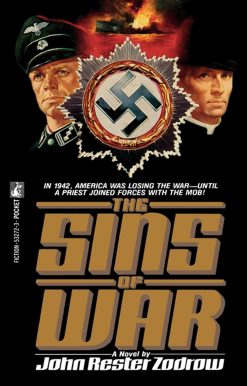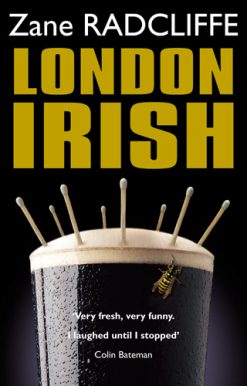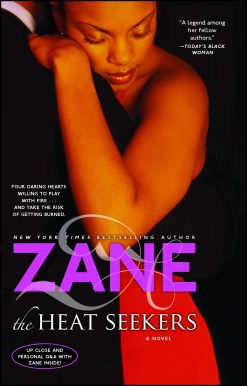Kipling
12.00 JOD
Please allow 2 – 5 weeks for delivery of this item
Description
Rudyard Kipling (1865-1936) is perhaps the most controversial major English poetof the last two centuries, not least because of his apparent enthusiasm for the empire. A child of British India, he first became famous for tales of imperial life, notably Kim, the Jungle Book and Barrack Room Ballads. Kipling wrote verse in every classical form from the epigram to the ode, but his most distinctive gift was for the ballads and narrative poems in which he draws vivid characters in universal situations and articulates profound truths in plain language. Yet he was also a subtle and deeply affecting anatomist of the human heart, with a feeling for the natural world which rivals his younger contemporary, D. H. Lawrence. Shattered by World War I in which he lost his only son, his work darkens and deepens in later years, but never loses its extraordinary vitality.
Additional information
| Weight | 0.229 kg |
|---|---|
| Dimensions | 1.9 × 11.4 × 16.6 cm |
| by | |
| Format | Hardback |
| Language | |
| Pages | 256 |
| Publisher | |
| Year Published | 2007-9-21 |
| Imprint | |
| Publication City/Country | London, United Kingdom |
| ISBN 10 | 1841597775 |
| About The Author | Joseph Rudyard Kipling (December 3, 1865 – January 18, 1936) was a British author and poet, born in India, and best known today for his children's books, including The Jungle Book (1894), The Second Jungle Book (1895), Just So Stories (1902), and Puck of Pook's Hill (1906); his novel, Kim (1901); his poems, including Mandalay (1890), Gunga Din (1890), and "If-" (1910); and his many short stories, including "The Man Who Would Be King" (1888) and the collections Life's Handicap (1891), The Day's Work (1898), and Plain Tales from the Hills (1888). He is regarded as a major "innovator in the art of the short story";[2] his children's books are enduring classics of children's literature; and his best work speaks to a versatile and luminous narrative gift. |
| Series |

